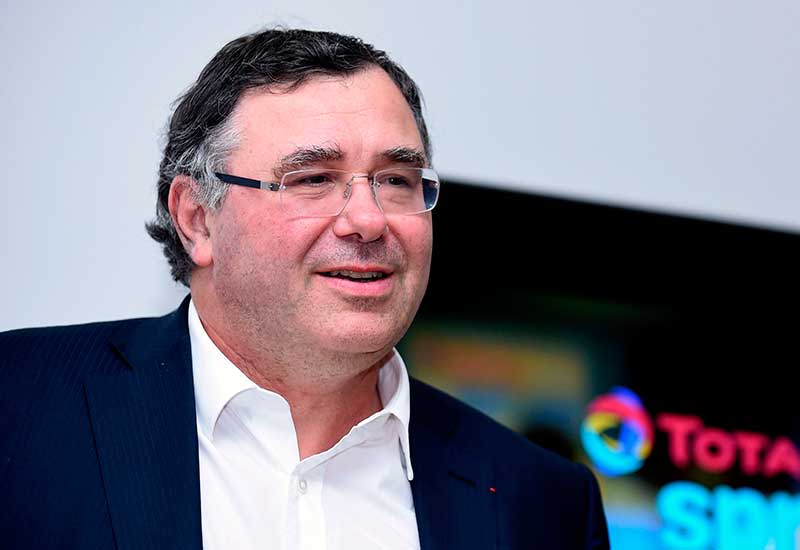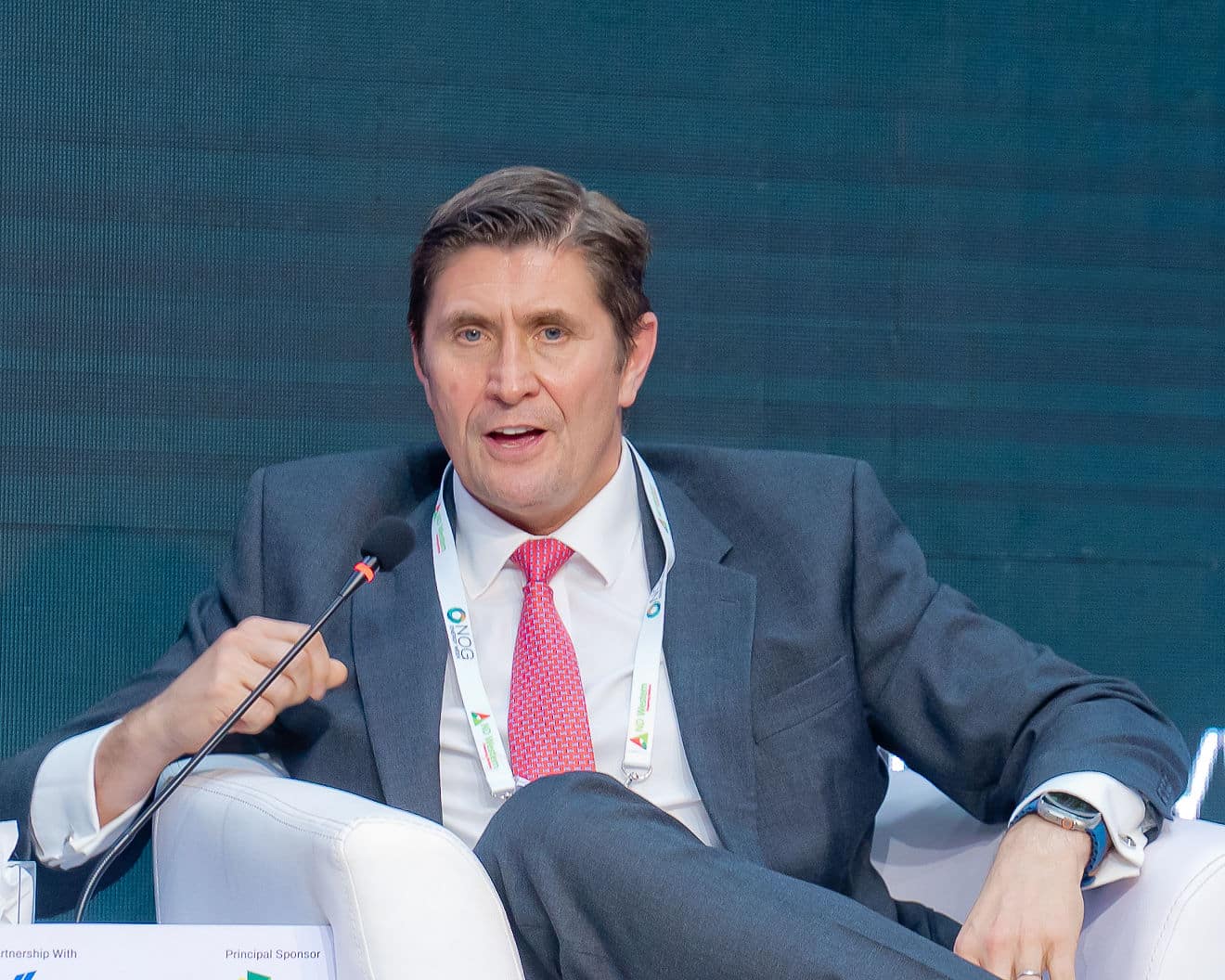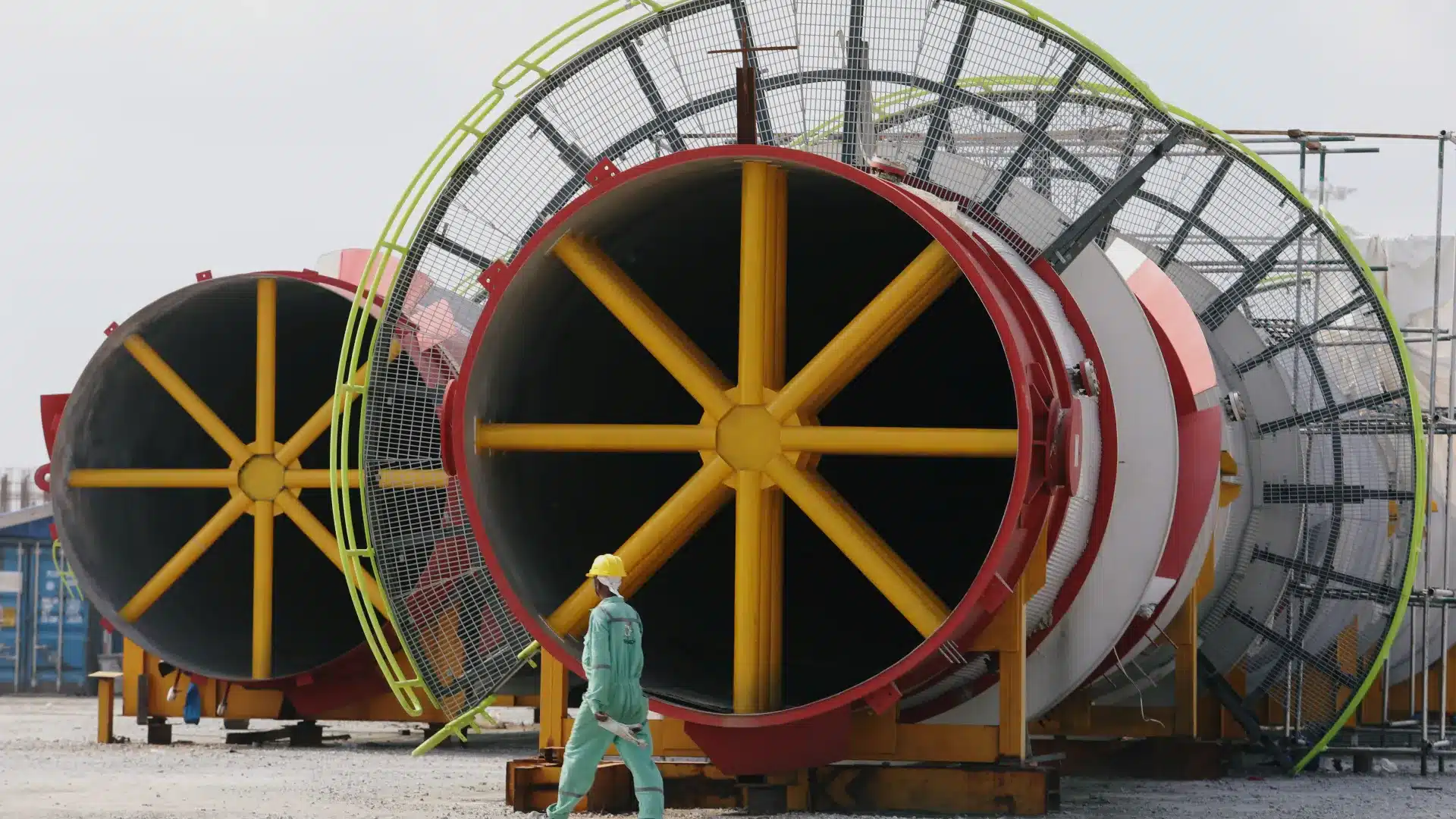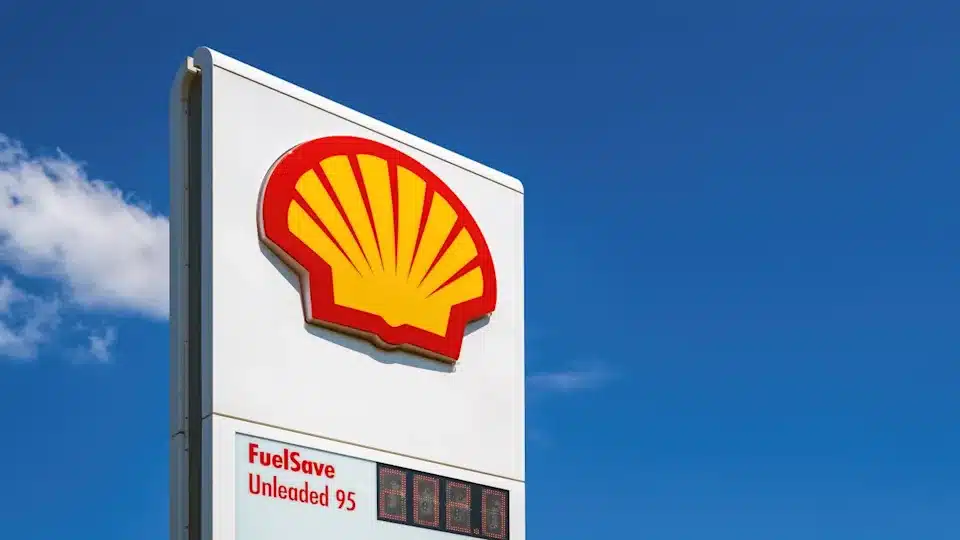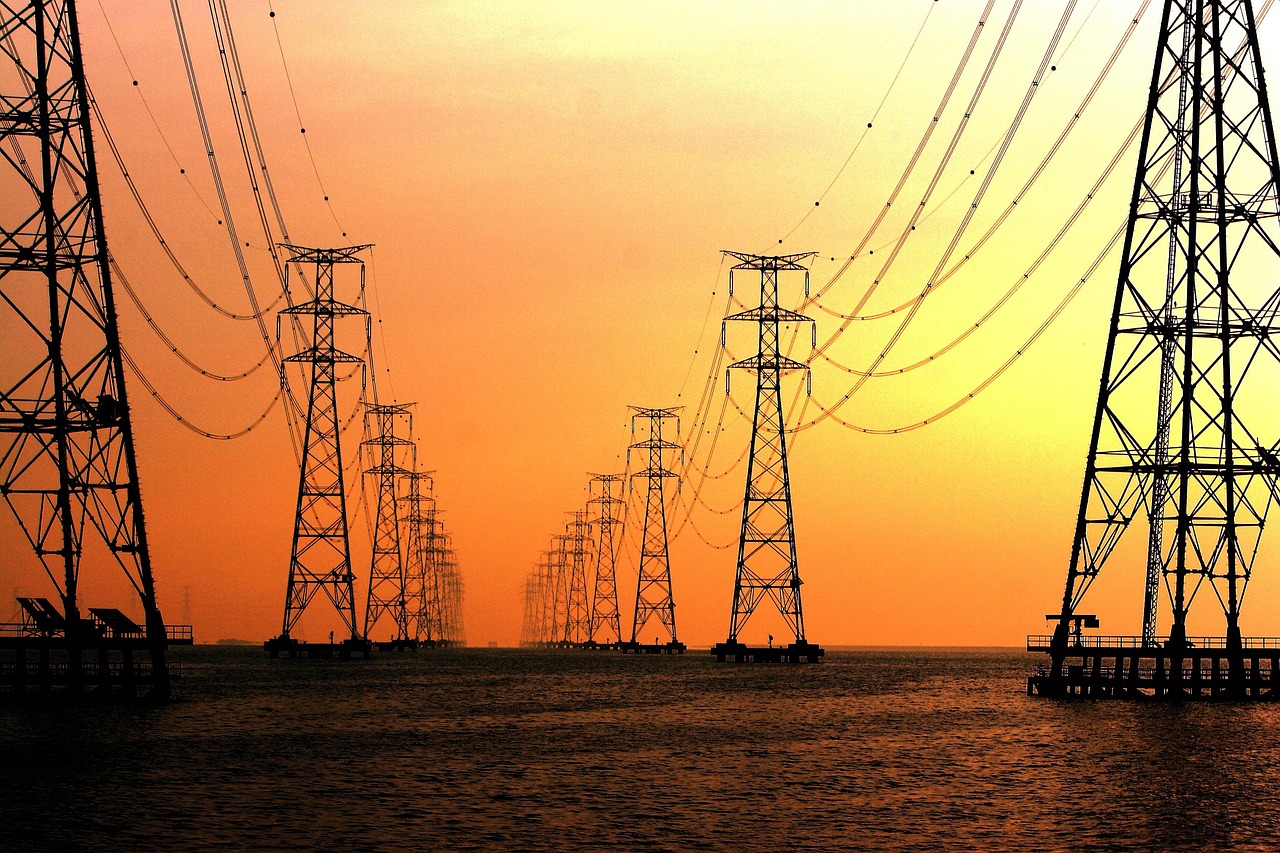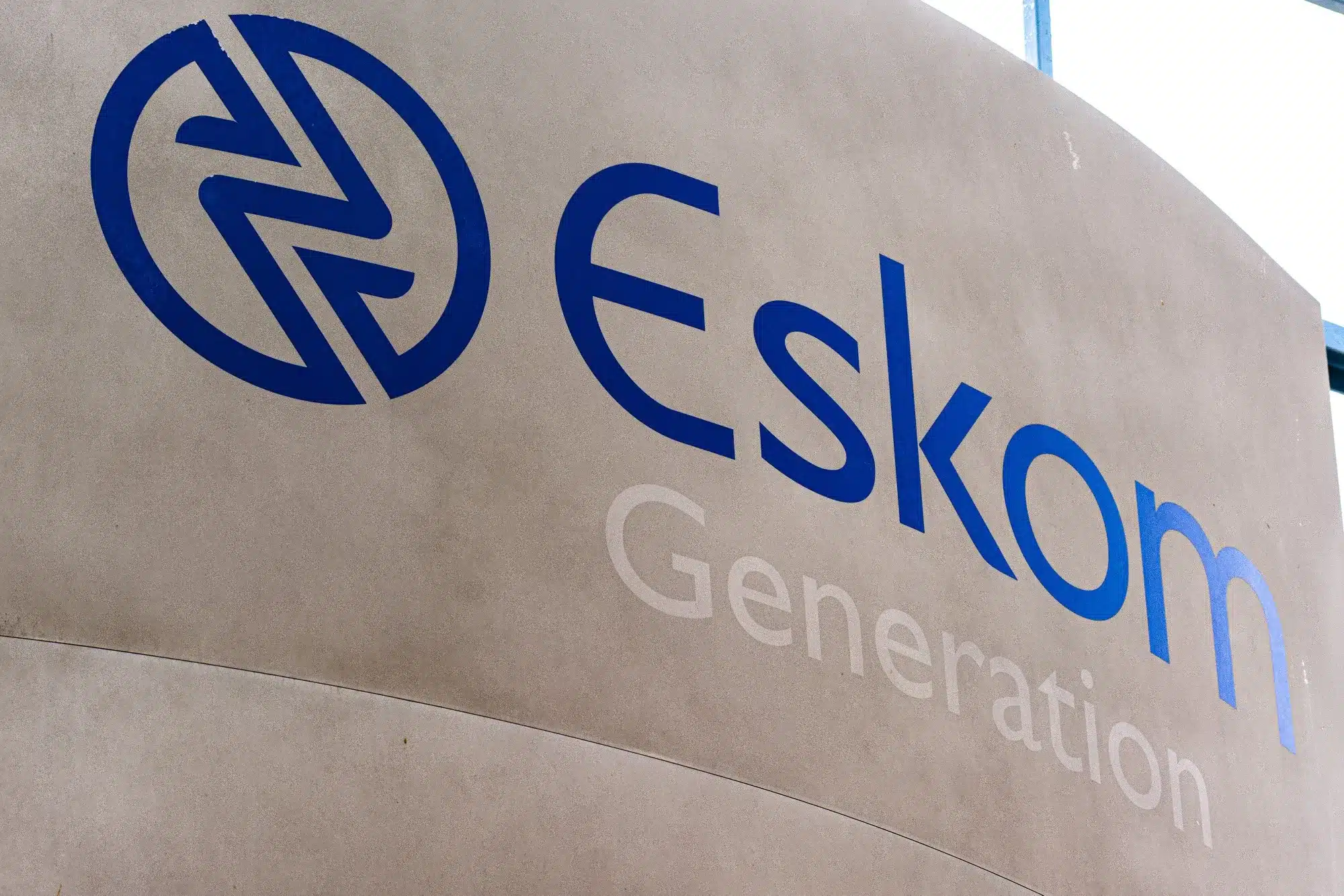French oil major, TotalEnergies, is currently in talks with the Namibian authorities to extend an exploration license in the country’s popular Venus block under Petroleum Exploration License (PEL) 56.
This was disclosed by TotalEnergies CEO Patrick Pouyanné on Thursday at the Barclays energy conference.
Although it is also eyeing opportunities in other nearby areas, the giant Venus discovery remains TotalEnergies’ only active license in Namibia.
Following decades of intermittent exploration, the desert country finally witnessed a turning point in 2022.
That year, Shell broke the news of a discovery of light oil and associated gas at the Graff-01 exploration well under Petroleum Exploration License (PEL) 39 in deep-water offshore in the Orange Basin.
Whilst Shell’s news was electrifying, the grand came immediately after that when TotalEnergies announced an even larger and commercially attractive Venus deep find in nearby waters.
The high-impact Venus drill revealed tangible oil and associated gas, though still much classified as resources.
However, it is reported by industry players as one of the world’s largest oil discoveries in recent years, often compared to Guyana’s Stabroek find.
The company has conducted several successful flow tests and is now targeting a final investment decision (FID), however delayed.
TotalEnergies now looks forward to producing its first oil production from the field in Q4 2029.
To even reach this target, the French company said key decisions must be concluded on the project by the end of 2025.
“We’ve explained that to them, and now we’re doing the work. We are progressing, though I can’t share more details at this point,” Pouyanné said in July.
Why Namibia’s Venus is delayed
The absence of regulatory experience and the need for concrete legal and fiscal frameworks to support petroleum development have been the major roadblocks why Venus hasn’t taken off.
In July, TotalEnergies said it would not take an FID on the high-profile project until all pending talks with the government are concluded.
Pouyanné in particular said both parties must establish a firm mutual understanding of project terms.
Though the French firm is technically capable, he said that the phase is important to avoid misunderstandings that could result in regulatory disputes
“You’re dealing with a country that is new to the oil industry, so alignment and mutual understanding are crucial,” Pouyanné said.
“I want to avoid a situation where a dispute arises later because the Namibian authorities feel they weren’t fully informed or didn’t fully understand the project. It’s better to take the time at the beginning to ensure everything is clear.”
On its part, Namibia said it is exploring several financial incentives to support the successful takeoff of the Venus project.
“The government recognises the complexities and high costs associated with the development of the Venus oil field by TotalEnergies,” said Kornelia Shilunga, Special Adviser and Head of the Upstream Petroleum Unit in the Namibian Presidency.
We are looking at a range of “financing options such as credit support instruments and partnerships with international lending institutions, to address challenges faced by local enterprises in accessing capital,” she added.

